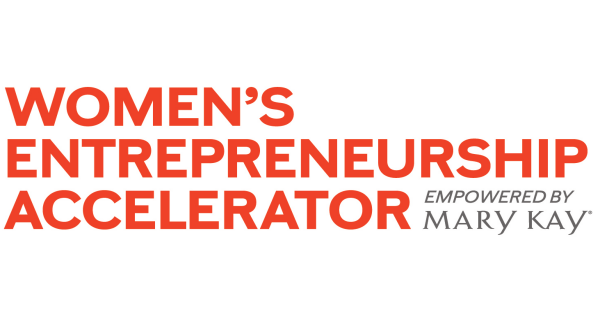
Please find the statement below from Women’s Entrepreneurship Accelerator leadership regarding the one-year anniversary of the ground-breaking initiative.
One year ago, we committed to educating and empowering ten million women entrepreneurs over the next ten years through the Women’s Entrepreneurship Accelerator (WEA). We began to lay the groundwork for a systemic transformation to break down the barriers keeping women from achieving financial independence and contributing to a better future for themselves and their communities.

Anita Bhatia, Deputy Executive Director, UN Women
Today, in our unprecedented reality, women find themselves at history’s crossroads. They are disproportionately harmed by the economic devastation wrought by COVID-19 while simultaneously holding the keys to recovery. Women make up 39% of global employment but have accounted for 54% of overall job losses during the pandemic, and they are far more likely to be employed in vulnerable sectors like manufacturing, education, tourism, hospitality and food services, wholesale and retail. Women’s enterprises are particularly susceptible to economic shocks. But in a scenario where we take action now to combat these trends, women’s economic participation could add $13 trillion to global GDP by 2030.1 It is in the best interest of every nation to put women at the center of post-pandemic economic development and rebuilding efforts.
That is why women entrepreneurs must become the architects of a new global economy — one that is sustainable, resilient, and equitable for all. It is our collective responsibility to create an enabling environment where women-led businesses act as agents of transformation:
- Policy Frameworks: We call upon UN member States to develop national policy frameworks with concrete goals and data-driven national targets to increase the number and strengthen the capacities of women-owned businesses. We applaud the countries which have already introduced COVID-19 responses to fund and offer services to women entrepreneurs,2 but women’s businesses are absent from most national plans and measures to support SMEs.
- Access to Finance: The private sector and public sector must band together to increase investments in women’s businesses through the pandemic and beyond. That includes developing innovative financial solutions via equity and debt financing and introducing tax incentives to support the sectors hit hardest by COVID-19.
- Procurement: Governments and companies of all sizes can generate incredible economic change by purchasing from women-owned businesses. Jumpstart the increased representation of women-led businesses in supply chains by proactively seeking out women-owned businesses, setting and monitoring targets and, supporting women entrepreneurs to access new procurement opportunities.
- Digital Education: Women entrepreneurs need access to information, digital skills, and training so they can be leaders and creators in the online world. It is time to close the digital gender divide and keep women connected to accessible and flexible educational resources.
- Social Protections: Women and girls perform 75% of unpaid care and domestic work globally, which has only increased during the pandemic. Social protections like parental leave, state-supported childcare, health insurance and unemployment compensation must be reinforced to cover women in formal and informal employment, including those who are self-employed. This will stabilize entire communities, giving more women the option to consider the entrepreneurial path.
- Cross-Sector Advocacy: We all play an important role in supporting women’s entrepreneurship. The public sector, private sector, civil-society organizations, business associations, schools and universities can collaborate to build an ecosystem that allows women entrepreneurs to thrive.3
We risk leaving millions of women behind and losing decades of progress on gender equality if we do not focus on women’s needs in the long-term pandemic response. This includes tackling long-standing obstacles as well as ensuring the safety and security of every woman.
The negative impacts of COVID-19 have exacerbated existing inequalities that prevent women of diverse backgrounds from participating equally in the workforce. It is important to apply an intersectional lens in the development of strategies to support the economic needs of all women in recovery efforts.





















































